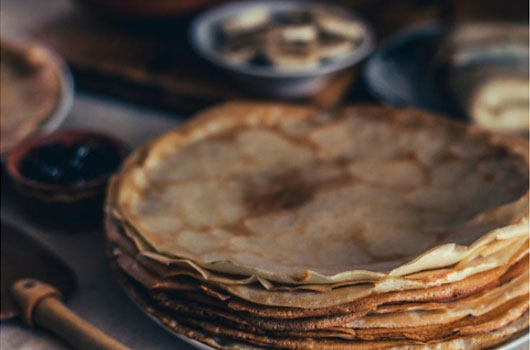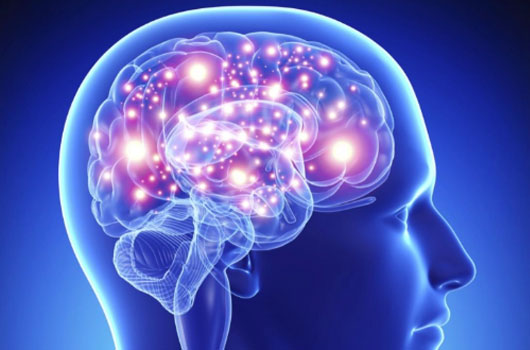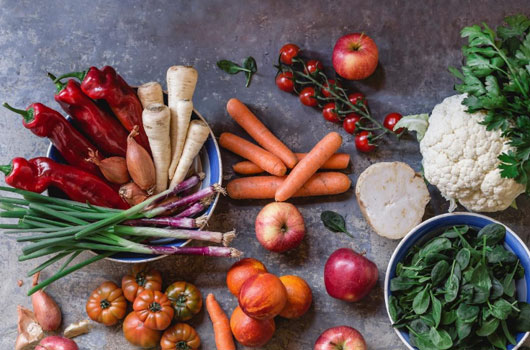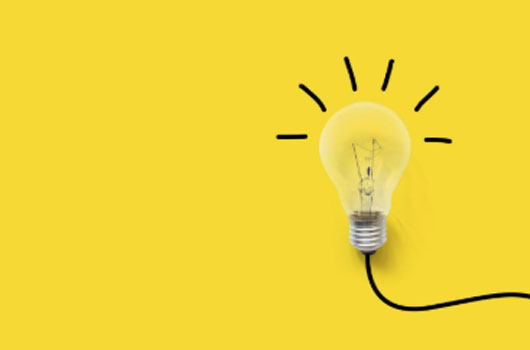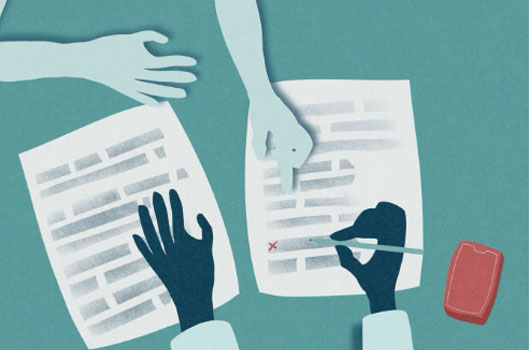How to Enjoy Weekends, Social Events, and Holidays, Without Un-Doing Your Progressabits that stick to help overcome foggy, tired, stressed brains and bodies.
You’ve been doing well. Eating better. Moving more. Sticking to your new plan. You’re starting to feel the benefits, more energy, better focus, a few pounds down, a little more confidence creeping in.
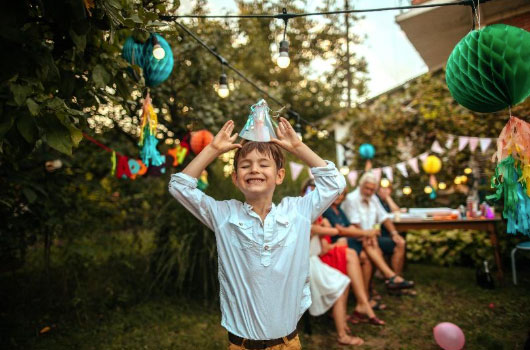
It’s the weekend.
Or a birthday.
Or the long-awaited all-inclusive holiday.
Suddenly, the structure goes. The wine flows. The treats pile up. And the old voice returns:
“I’ve been good so I deserve this.”
“It’s the weekend, I’ll start again Monday.”
“It’s a holiday, I want to enjoy myself and not have to be good!”
Sound familiar?
Here’s the thing: these beliefs aren’t wrong. It is okay to celebrate, enjoy yourself, and break from routine and it’s certainly healthy to experience joy. But if these moments consistently derail your progress, leave you feeling groggy, sluggish, or frustrated on a weekly basis it’s time to rethink how you navigate them. For example, if your weekend treats run from a Thursday to Sunday night, that’s almost half the week!
The Real Issue Isn’t the Weekend, It’s the Pattern
From a behavioural science perspective, we’re creatures of rhythm. When the structure drops away like at weekends or on holiday our environment cues different behaviours. This is known as cue-dependent behaviour (Wood & Neal, 2007), where familiar triggers (e.g. Friday night = takeaway, holiday = buffet) drive automatic actions unless interrupted with conscious decision-making. Think habits you have at work verses ones you have at home even at a simple level like being great at drinking water when you’re at your desk but ending up completely parched over the weekend.
And when combined with dopamine-driven reward-seeking, especially in individuals with ADHD traits or dopamine dysregulation, we’re even more likely to chase short-term pleasures over long-term wellbeing (Volkow et al., 2011). Add in insulin resistance or blood sugar crashes, and it’s no wonder we reach for another drink or snack to get back to baseline.
So, What is the answer?
This isn’t about being restrictive or “good”. It’s about staying engaged, empowered, and intentional even in social settings and creating a new strategy that fits all settings.
Here’s how:
Ditch the ‘All or Nothing’ Mindset
Perfection is not the goal. One rich meal or skipped workout isn’t failure. In fact, studies on long-term habit formation (Lally et al., 2010) show that occasional lapses don’t matter, as long as you return to the habit quickly. The danger is not the lapse, it’s the “might as well…” spiral where one drink turns to 10 or a quick grab and go Greggs leads to ‘might as well go for the full takeaway later.
Plan for Joy, Not Guilt
True enjoyment doesn’t come from overdoing it and feeling rubbish afterwards. Real joy is mindful, deliberate, and connected to your values not just a reflex to reward yourself. Reframing treats as experiences (a peaceful morning walk, dancing with friends, tasting local food mindfully) rather than just food can be powerful.
Keep a Couple of Anchors
Rather than trying to stick rigidly to a plan while away or socialising, keep 1–2 small key behaviours consistent:
- A short daily walk, this is pretty easy on holiday as you can add in sightseeing
- A balanced breakfast. I know the buffet can be so tempting so fill up first with the good stuff and choose the mini croissant for seconds.
- Drinking water before meals, or between drinks, again an easy win.
- A pause-and-check-in moment before ordering your second/third alcoholic drink
These habits act as keystone behaviours (Fogg, 2020) small wins that create a ripple effect across the rest of your choices. Think of damage control, minimising the crash and flattening the curve.
Bookend the Event
Just as important as preparing for an event is how you close it. Before you head into the weekend or holiday, decide: what will help me reset afterwards? Maybe it’s a healthy shop on your return, booking a supermarket delivery so you can hot the ground running with a nourishing meal on your return rather than a take-away because there’s nothing in. Or a schedule a walk or gym class with a friend, or simply reflecting on what felt good and what didn’t.
How Coaching Helps
This is exactly where coaching comes in.
Not to tell you what to eat or when to exercise — but to:
- Raise awareness of the patterns that trip you up
- Challenge the beliefs that drive “I deserve this” thinking
- Explore strategies that fit your lifestyle, personality, and environment
- Support change that feels empowering, not punishing
Because when you work with a coach, you’re not just trying harder, you’re building insight, resilience, and self-trust.
The Bottom Line
You don’t need to be perfect. You don’t have to say no to the wine, the birthday cake, or the buffet.
You just need to stay connected to what you really want:
Energy. Confidence. Presence. Freedom and consistent progress with your health journey not an endless repeating cycle of progress then having to start again from scratch.
So go ahead enjoy the weekend. Take the trip. Raise the glass.
Just remember your intention to celebrate and take care of yourself.
Because this isn’t about starting over every Monday.
It’s about learning how to live well, especially when life gets social or out of routine.
Ready to Find What Works For You?
If you’re tired of the stop-start cycle and want support building habits that actually stick, even when life gets social my SHINE Reflection mini Package is a great place to begin. It’s a one-off, focused coaching session (with a little pre-work) to help you reflect, re-learn, reset, and create a simple, personalised plan that works with your life, not against it.
Or if you’re ready for deeper support, I offer 1:1 coaching to help you build lasting energy, better focus, and a calmer relationship with food and health, especially if you’re navigating midlife, ADHD traits, or metabolic challenges like insulin resistance.
✨ Let’s make health feel simple, not stressful.
Find out more about working together

